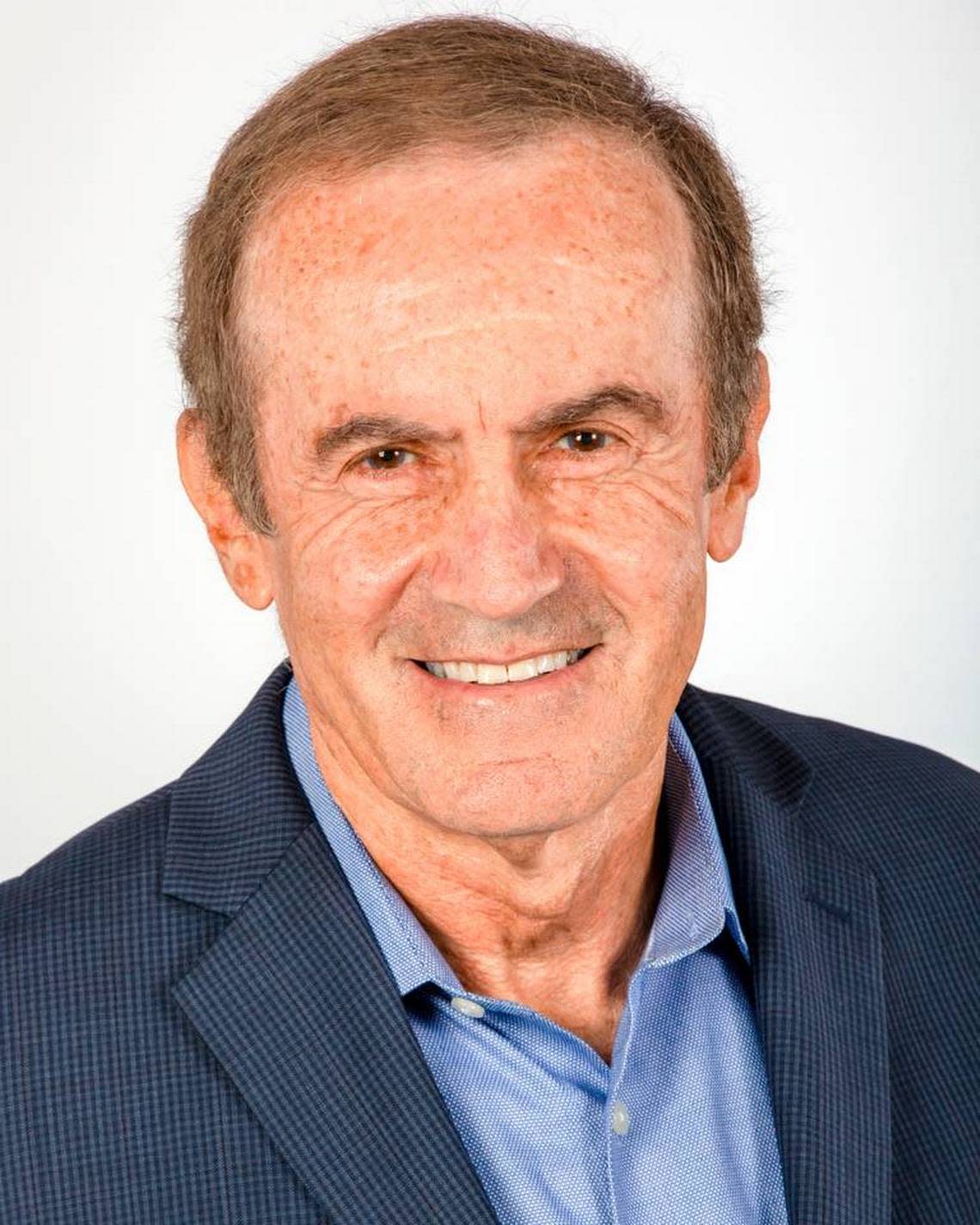Colombia’s president claims to defend democracy but legitimizes Venezuela dictatorship | Opinion
After watching Colombia’s leftist President Gustavo Petro’s recent official visit to Venezuela to meet with Venezuelan ruler Nicolás Maduro, it’s hard not to conclude that Colombia is helping legitimize one of the world’s worst dictatorships.
Petro, who took office three months ago and immediately restored diplomatic ties with Venezuela, posed for smiling pictures with Maduro during his Nov. 1 visit to Caracas, invited Venezuela to re-join the Andean Community of Nations trade bloc and reiterated his decision to withdraw from a group of countries that had requested an International Criminal Court investigation into Maduro’s crimes against humanity.
When I interviewed Colombia’s ambassador to Venezuela Armando Benedetti earlier this week, the diplomat — who has been a key player in the restoration of diplomatic ties between the two countries — cited humanitarian, commercial and pragmatic reasons for the normalization of relations.
First, Benedetti told me, there are five million Colombians living in Venezuela who had been left without consular services when Colombia’s previous government broke diplomatic ties with the Maduro regime.
”They had been left without documents, without passports, without being able to certify their college degrees,” Benedetti told me. “Is it right to leave five million people abandoned, without help?”
Second, Benedetti said, Colombia had lost a huge export income when it broke ties with Venezuela. While in 2008 Colombia exported nearly $8 billion worth of goods to Venezuela, that has fallen to virtually nothing today, he said. “Many of our business people went bankrupt,” he emphasized.
Third, he said, there is no reason Colombia shouldn’t talk with Venezuela, when the United States met with the dictator of North Korea, and talked with Iran and even Venezuela itself, he argued.
Suggesting that Petro cares about human rights in Venezuela, the ambassador cited the fact that Petro has invited Venezuela to re-join the Inter-American Human Rights Commission. Venezuela had withdrawn from the commission in 2013, complaining about the group’s scathing reports about Venezuela’s human rights abuses.
But most of the Colombian government’s arguments to resume friendly ties with Venezuela are weak, or tricky.
Regarding the charge that former Colombian President Ivan Duque made a big mistake by closing Colombia’s consulates in Venezuela, former President Duque told me that he did not do that. It was Maduro, not he, who ordered the consulates closed in January 2019, Duque says.
Regarding the claim that breaking ties with Venezuela was a mistake because it caused Colombian exporters to lose billions of dollars in trade, it’s based on the false premise that Venezuela could afford buying Colombian goods like before. In fact, oil-rich Venezuela is bankrupt, and has gone from being one of Latin America’s richest countries to one its poorest.
As for Benedetti’s rhetorical question — why wouldn’t Colombia talk with Venezuela when the United States itself talks with its enemies? — it’s a false equivalence.
Sure, the United States talks with North Korea, Iran and Venezuela, but Washington has not restored diplomatic ties with any of them. Talking is not the same as normalizing ties, or inviting dictatorships to regional trade blocs, or withdrawing petitions for International Criminal Court human rights investigations.
Finally, regarding Petro’s request that Maduro re-join the Inter-American Human Rights Commission, it’s a good gesture, but a very minor one. Compared to Petro’s decision to violate the international diplomatic isolation of the Maduro regime, it’s almost an asterisk.
Leopoldo Lopez, one of the Venezuelan opposition leaders forced into exile, told me that it’s OK for Petro to try to help Colombians living in Venezuela, “but that can’t become an excuse to whitewash a dictatorship.”
I agree. Maduro was declared an illegitimate president by more than 50 countries, including the United States, the 28-nation European Union and Colombia, after he re-elected himself in a fraudulent 2018 election. In addition, Maduro has been found responsible for more than 6,700 extrajudicial executions by the United Nations High Commissioner on Human Rights.
By visiting Venezuela and treating Maduro as a legitimate president, Petro is normalizing an international pariah. That will further embolden Maduro, and could set a terrible precedent for other aspiring autocrats. They will conclude that they can break democratic norms and get away with it.
Instead of defending Venezuela’s victims of repression, Petro has decided to defend one of the world’s worst human rights abusers.
Don’t miss the “Oppenheimer Presenta” TV show on Sundays at 7 pm E.T. on CNN en Español. Twitter: @oppenheimera

